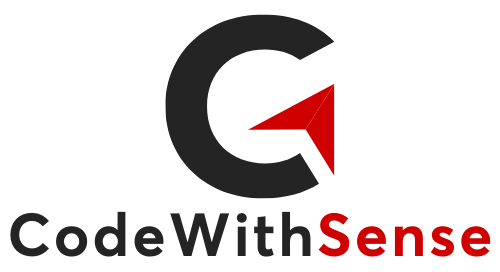In today’s globally connected workplace, the rise of remote development teams has transformed how software is built and delivered. With distributed teams becoming the norm, organizations need more than just video calls and emails to ensure productivity. Managing collaboration, task visibility, and code quality from different time zones requires a well-orchestrated digital ecosystem. That’s where using the right remote dev team tools becomes critical.
To help engineering managers and tech leads optimize their workflows, we’ve curated a list of the top 10 productivity platforms for tech teams—spanning communication, project management, and agile development. These tools not only streamline delivery but also build trust and alignment across remote environments.
1. Slack
Slack is a leading team communication software that supports real-time messaging, file sharing, and integration with a vast array of developer tools.
Why it’s valuable for remote dev teams:
Slack eliminates communication bottlenecks and fosters team transparency. It enables asynchronous discussions through channels and direct messages, keeping everyone aligned even across time zones.
Standout Features:
- App integrations with GitHub, Jira, and more
- Huddles for instant audio/video conversations
- Threaded conversations for organized discussions
2. Microsoft Teams
https://www.microsoft.com/en/microsoft-teams
Microsoft Teams combines chat, meetings, and file collaboration into a unified platform, seamlessly integrated with Office 365.
Why it’s valuable for remote dev teams:
It’s especially useful for teams already embedded in the Microsoft ecosystem. Teams allows structured communication with deep document collaboration, ideal for cross-functional coordination.
Standout Features:
- Native support for Word, Excel, and PowerPoint
- Robust video conferencing tools
- Secure access control and compliance settings
3. Jira
https://www.atlassian.com/software/jira
Jira by Atlassian is a widely adopted project management tool tailored for agile software development.
Why it’s valuable for remote dev teams:
Jira offers visibility into development cycles with features like sprint planning, backlog grooming, and custom workflows. It supports agile management tools that keep distributed teams aligned.
Standout Features:
- Scrum and Kanban board support
- Powerful automation and reporting tools
- Customizable workflows for any project
4. Trello
Trello is a flexible, Kanban-style project management tool ideal for visualizing tasks and timelines.
Why it’s valuable for remote dev teams:
Trello makes it easy for teams to track tasks at a glance, ensuring that everyone knows what’s in progress, what’s next, and who’s responsible.
Standout Features:
- Drag-and-drop task organization
- Power-Ups for integrations with other tools
- Timeline and calendar views for scheduling
5. GitHub
GitHub is the go-to platform for code hosting, version control, and collaborative software development.
Why it’s valuable for remote dev teams:
Remote teams rely on GitHub to manage pull requests, review code, and ensure continuous integration and deployment.
Standout Features:
- Git-based version control system
- Pull request reviews and code comments
- GitHub Actions for CI/CD workflows
6. GitLab
GitLab offers a complete DevOps platform that covers code management, CI/CD, and security scanning in one tool.
Why it’s valuable for remote dev teams:
GitLab’s all-in-one approach minimizes context-switching and supports end-to-end software delivery across remote teams.
Standout Features:
- Integrated CI/CD pipeline configuration
- Built-in issue tracking and wiki
- Merge request approvals and role-based permissions
7. Clockify
Clockify is a lightweight time-tracking app that helps remote teams log hours across projects.
Why it’s valuable for remote dev teams:
Tracking time helps engineering leads evaluate productivity and resource allocation, ensuring accurate billing and accountability.
Standout Features:
- Project and task-based tracking
- Team dashboard with productivity insights
- Integrations with Trello, Asana, and more
8. Toggl Track
Toggl is another user-friendly time tracking platform focused on simplicity and reporting.
Why it’s valuable for remote dev teams:
Toggl helps distributed teams measure where time goes, identify blockers, and improve efficiency over time.
Standout Features:
- Browser and mobile extensions
- Visual reports and team timelines
- Offline time tracking
9. ClickUp
ClickUp is a powerful productivity platform for tech teams, offering task management, docs, goal setting, and sprints in one place.
Why it’s valuable for remote dev teams:
It unifies multiple workflows and reduces the need for switching between apps, streamlining project planning and agile development.
Standout Features:
- Custom views (List, Board, Gantt)
- Sprint and backlog management
- Time tracking and workload charts
10. Linear
Linear is a sleek issue tracking and agile management tool designed for modern engineering teams.
Why it’s valuable for remote dev teams:
Linear provides a fast, minimal UI with deep GitHub integration, making it ideal for fast-paced teams who prioritize speed and clarity.
Standout Features:
- Automatic issue syncing with GitHub
- Keyboard-first command interface
- Cycle insights and velocity tracking
Conclusion
Managing remote development teams demands more than just task lists and video calls. The right combination of remote dev team tools can make all the difference in how teams communicate, collaborate, and deliver software at scale. From team communication software like Slack to agile management tools like Jira and ClickUp, these platforms empower organizations to maintain visibility, increase accountability, and drive productivity—even when teams are miles apart.
Investing in the right tech stack isn’t just about convenience—it’s a strategic move that enhances performance, accelerates delivery, and builds a culture of trust and transparency. As the remote work model matures, these tools will continue to be foundational to the success of high-performing development teams.











